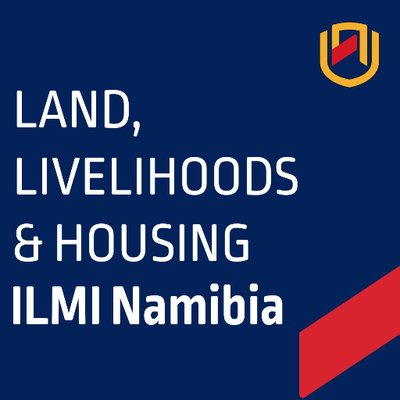Location
The Integrated Land Management Institute is a centre of the Faculty of Natural Resources and Spatial Sciences (FNRSS) at the Namibia University of Science and Technology (NUST) committed to develop reputable and multidisciplinary research and public outreach activities in the field of land, administration, property, architecture and spatial planning.
It was originally established 2006 and conceived as an arm of the Department of Land Management in order to undertake applied research, consulting services, and training courses.
As from 2015, activities at ILMI will be guided by the Land, Livelihoods and Housing programme, while remaining open to new collaborative research, training, and outreach activities.
ILMI has a space at the Department of Land and Property Sciences (DLPS) and most events currently take place at the Seminar Room of the Department of Architecture and Spatial Planning (DASP). Smaller events and meetings take place at the CLPS House.
The Department of Land and Property Sciences (DLPS) has recently been recognised by the African Union (AU) through the Land Policy Institute (LPI) as a Centre for Excellence in Land Governance for Africa (NUST - NELGA Hub).
Members:
Resources
Displaying 26 - 26 of 26The proposed new Urban and Regional Planning Bill: an appraisal.
The Bill aimed at overriding old ordinances that dated back to the 1950s and 60s. The main objective of the Bill is that of decentralisation, and has three main points: the establishment of "authorized planning authorities" (APA); the consolidation of Townships Board and the Namibia Planning Advisory Board (NAMPAB) into one Urban and Regional Planning Board; and long term spatial development frameworks by means of a structure plan at all levels: national, regional, and urban.



